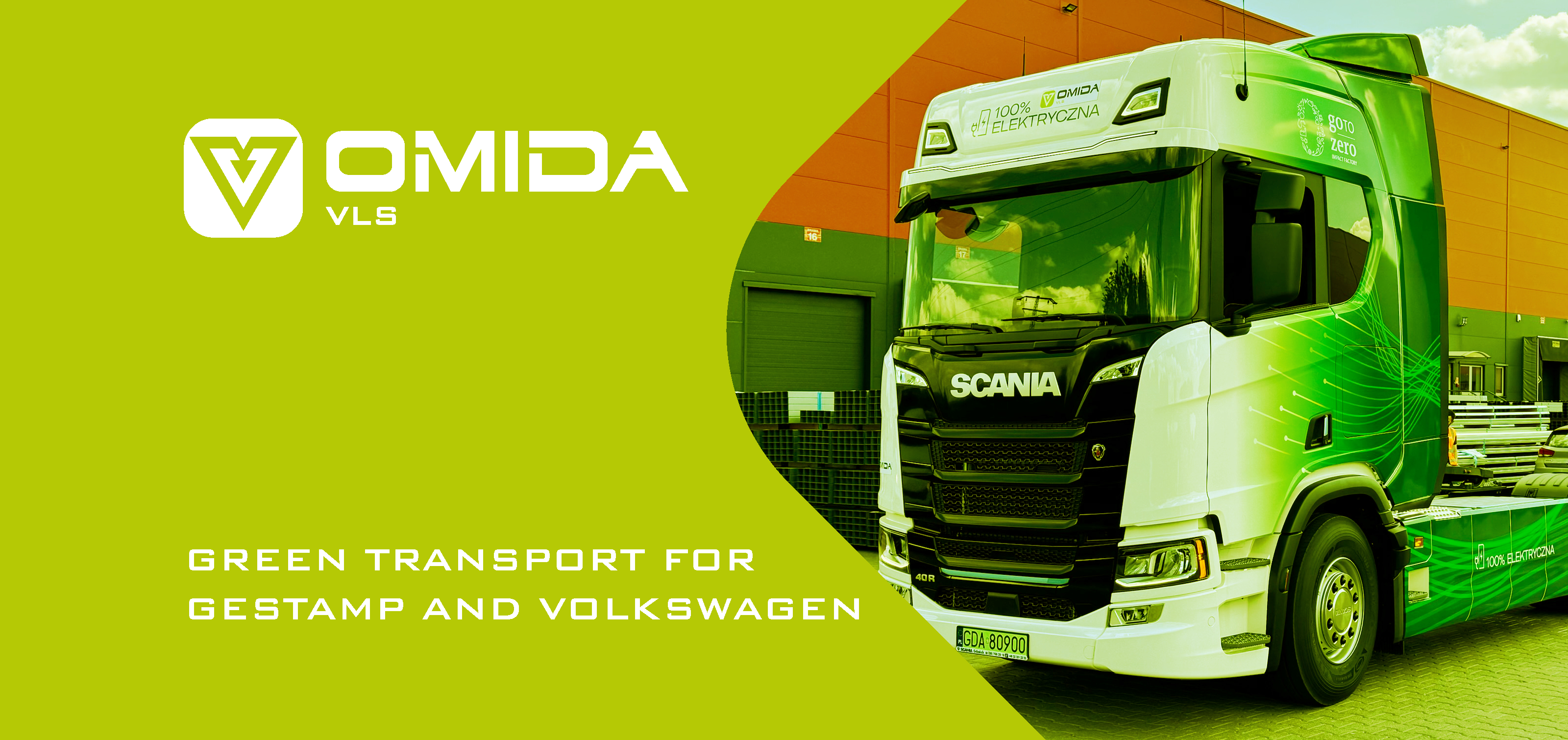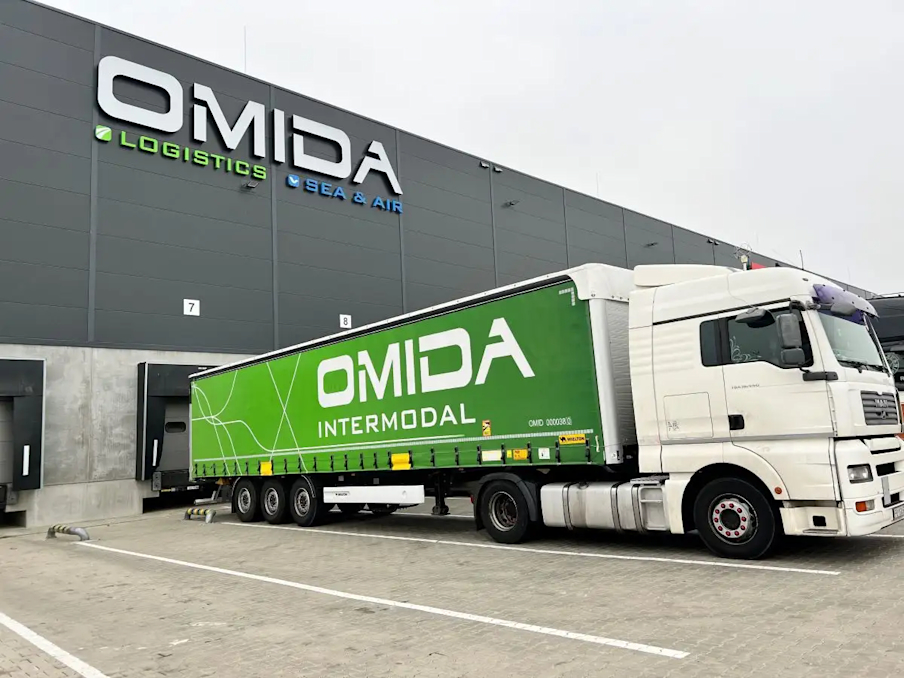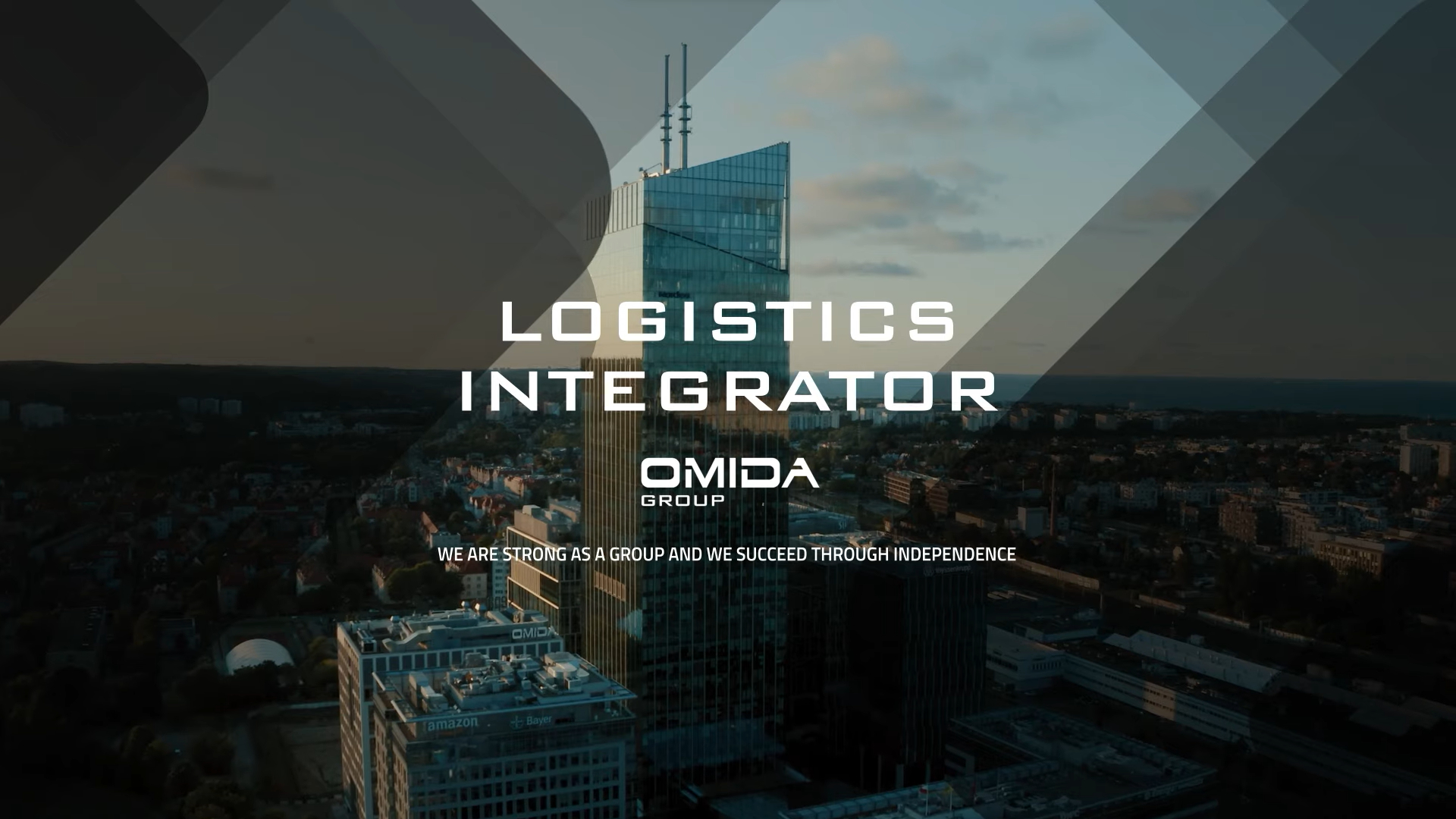Logistics operator - definition
A logistics operator is a transport company or organization responsible for providing logistics services such as shipping, warehousing, storage, international transport and domestic transport, insurance and others. A logistics operator task is to ensure smooth and safe handling of the entire logistics process, as well as facilitating its monitoring and control.
The logistics operator is engaged in the management of logistics processes in the customer's processes. The logistics operator is responsible for planning, organizing and coordinating all processes related to the delivery of goods and services from suppliers to customers.
The main goal of the logistics operator is to ensure the efficient and effective flow of goods and services in order to increase the efficiency and profitability of the company. To this end, a logistics operator develops and implements strategies for managing inventory, road and other transport, warehousing, distribution and other logistics processes.
As part of its role, a logistics operator may manage resources directly, such as vehicles, warehouses and employees, or work with suppliers and other business partners to ensure efficient and reliable delivery of goods and services. All of this requires a great deal of knowledge and experience in managing logistics processes, as well as analytical and communication skills.
Frequently asked questions about the logistics operator:
- What does a logistics operator do?
- What are the tasks of a logistics operator?
- What qualifications should a logistics operator have?
- What are the requirements for logistics operator certification?
- What are the most important skills of a logistics operator?
- What are the benefits of cooperation with a logistics operator?
- How to choose the right logistics operator?
- What are the most important criteria for selecting a logistics operator?
- Can a logistics operator manage the transport of goods?
What are the requirements for logistics operator certification?
The requirements for logistics operator certification depend on the type of certification. In general, a logistics operator can apply for certifications such as ISO 9001, ISO 14001 or ISO 45001. The requirements for each of these certifications vary. In general, each certification requires the logistics operator to follow good management practices, including adherence to high standards of quality, health and safety, as well as implementing monitoring and auditing systems.
What are the most important competencies of a logistics operator?
The most important competencies of a logistics operator are:
- The ability to plan and manage logistics resources and processes.
- The ability to create and implement effective logistics processes.
- Ability to create and analyze reports and statistics on logistics resources.
- Ability to use technology to improve the efficiency of logistics operations.
- Ability to solve problems and make decisions in emergencies.
What are the benefits of working with a logistics operator?
The benefits of working with a logistics operator include:
- reduced logistics costs by optimizing processes and services,
- increased security and reliability of deliveries according to tasks,
- reduction in the duration of the process of delivering goods or services,
- improved efficiency and use of new technologies to streamline processes,
- flexibility and customization,
- increased efficiency using modern IT software.

How to choose the right logistics operator?
Before choosing a logistics operator, it is worthwhile to analyze our company's needs and requirements for the operator. It will be useful to formulate a list of criteria that the operator must have and to determine the budget for logistics services.
Determining requirements and needs: Before choosing a logistics operator, it is important to clearly define your needs and requirements, such as the types of goods that will be transported, transit times, costs, safety, reliability and quality of service. The next step should be a list of certifications that the logistics operator must have.
Develop a list of candidates: After reviewing the market, you should develop a list of potential logistics operators that meet your requirements and needs.
Analysis and evaluation of candidates: You should then conduct a thorough analysis of each candidate to ensure that they meet your requirements and needs.
Negotiation and selection: After thorough analysis, negotiate with the selected logistics operators to get the best deal. Once selected, it is important to sign a contract that clearly defines the terms of cooperation and the requirements of both parties.
What is the role of a logistics operator?
A logistics operator performs many different functions in the supply chain process. Its main goal is to optimize the entire logistics process, from the purchase of goods to delivery to the customer. Below are the most important functions performed by a logistics operator:
Planning the logistics process - the logistics operator plans the entire process of transporting and distributing goods, including the selection of appropriate transport means and route, cost control, on-time delivery, etc.
Coordination of the logistics process - the logistics operator coordinates the work of all those involved in the transport process, such as suppliers, transporters, warehouses and others.
Inventory management - the logistics operator is responsible for the proper management of the inventory of goods so that they are available at the right time and place.
Warehousing - the logistics operator offers storage of goods at its warehouses or at partners' warehouses.
Order picking - the logistics operator is responsible for completing the goods according to the customer's order and preparing them for shipment.
Customs and tax handling - the logistics operator handles customs and tax formalities, such as receipt of documents, customs declarations, etc.
Insurance - the logistics operator offers insurance for the goods during transport.
In summary, a logistics operator performs many different functions in the supply chain, from planning and coordinating the transport process to warehousing and handling customs and tax formalities. The goal of a logistics operator is to optimize the entire logistics process, increase efficiency and reduce costs, as well as ensure the prompt and safe delivery of goods to customers.
What are the challenges of a logistics operator?
Logistics operators face many challenges in their daily work. Here are some of them:
Complex coordination and planning: Operators must coordinate and plan the transport, storage and distribution of goods for multiple customers, often in different sectors. Optimizing logistics processes requires consideration of many variables, such as delivery times, costs, resource availability and time constraints.
Customers' requirements: speed of delivery, flexibility to change orders or adapt to the personalized requirements of the products being transported.
Technology and digitization: logistics operators need to keep up with the latest technology trends and implement appropriate solutions to streamline their operations and increase efficiency. This could include investments in supply chain management systems, warehouse automation, transport planning software or fleet monitoring systems.
Changing regulations and legislation: Operators must stay up-to-date with changes in laws and regulations in various markets, such as customs duties, import/export restrictions or sustainability requirements. Failure to comply with these regulations can lead to financial penalties, delivery delays or reputational damage.
Resource management: Managing vehicle fleets, warehouses and employees is key for logistics operators. Challenges include optimizing resource utilization, training staff, maintaining infrastructure, and taking care of security.
Logistics operators 1PL, 2PL, 3PL, 4PL, 2PL - what does that mean?
Logistics operators are companies that specialize in providing supply chain management services. Depending on the scope of services offered, there are several types of logistics operators:
- 1PL (First Party Logistics) - is a company that handles the management of its supply chain on its own, without the use of other logistics operators.
- 2PL (Second Party Logistics) - is a company that offers logistics services to another company. A 2PL typically handles one or more elements of the supply chain, such as warehousing, transport or customs handling.
- 3PL (Third Party Logistics) - is a company that offers comprehensive logistics services, covering all elements of the supply chain, such as warehousing, transport, customs or inventory management. A 3PL acts as a third-party logistics service provider for other companies.
- 4PL (Fourth Party Logistics) -is a company that offers comprehensive logistics services to other companies, but with the added value of managing the supply chain as a whole. A 4PL coordinates the work of other logistics operators to achieve optimization of the entire supply chain.
It is worth mentioning that some sources also distinguish 5PL (Fifth Party Logistics) - companies that offer services based on modern technologies, such as artificial intelligence, blockchain or the Internet of Things, enabling even better optimization of the supply chain.
In summary, logistics operators are companies that offer various services related to supply chain management. We distinguish between 1PLs, 2PLs, 3PLs, 4PLs, and some sources also point to 5PLs.
The most important tasks of a logistics operator
Logistics Operators offer a range of services related to supply chain management. Here are some of the tasks that can be outsourced to them:
1. Storage and warehousing of goods - logistics operators have warehouses and distribution centers where goods can be stored safely.
2. Transport of goods - logistics operators provide different types of transport of goods, such as road, rail, air or sea, depending on the customer's needs.
3. Inventory management - logistics operators offer inventory management services, such as inventory level monitoring, demand forecasting and storage efficiency analysis.
4. Goods processing - logistics operators offer goods processing services such as packaging, labeling, repackaging or sorting.
5. Ancillary services - logistics operators offer a range of ancillary services, such as repair, assembly, maintenance, quality control or product repair.
6. Supply chain coordination - logistics operators are responsible for supply chain coordination, i.e. ensuring an appropriate level of integration and coordination of activities between the various stages of the supply chain.
7. Information management - logistics operators use various information systems to help manage information, such as goods tracking, inventory management, transport coordination and supply chain management.
8. Customer service - logistics operators may also be involved in customer service, such as providing order processing services, handling complaints or resolving logistics problems.
In summary, logistics operators offer a variety of services to help manage the supply chain. They can handle storage and transport of goods, inventory management, goods processing and supply chain coordination.
Contact to the logistics operator
Are you interested in handling logistics processes in your company? You are welcome to contact us via the quick contact form.



